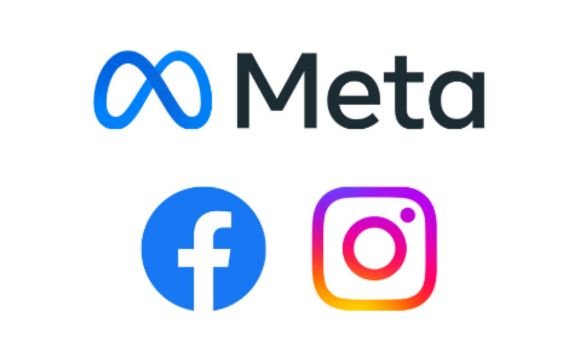In a move to address growing concerns about the impact of social media on young users, Meta, the parent company of Facebook and Instagram, recently announced measures to restrict certain content for teenagers. The decision comes amid mounting pressure from regulators who argue that these platforms can be addictive and harmful to the mental health of younger individuals.
The New Measures
In a blog post, Meta unveiled its plan to implement restrictions aimed at providing teenagers with more age-appropriate experiences on Facebook and Instagram. These measures are expected to roll out in the coming weeks and are designed to shield young users from sensitive content related to suicide, self-harm, and eating disorders.

The intention behind these restrictions is clear: to protect the well-being of teenagers who use the platforms. By limiting their exposure to potentially harmful content, Meta aims to create a safer online environment for this vulnerable demographic.
Addressing Regulator Concerns
Meta’s decision to take action comes in response to growing concerns and regulatory scrutiny. In recent months, the company has faced legal challenges in both the United States and Europe regarding the addictive nature of its apps and their impact on the mental health of young users.
In October, over 40 states in the U.S. jointly filed a lawsuit against Meta, alleging that the company knowingly designed features on Instagram and Facebook to maximize the time teens and children spent on these platforms, thereby increasing advertising revenue. The lawsuit also cited Meta’s own research, which showed links between the use of these platforms by young people and mental health issues such as depression and anxiety.
One of the key arguments put forth in the lawsuit is the role of algorithms in triggering the release of dopamine, often referred to as the pleasure chemical, in young users. This dopamine release encourages continued scrolling and engagement, similar to the way a gambler is enticed to keep playing a slot machine.
The Importance of These Measures
Meta’s decision to restrict certain content for young users underscores the growing awareness of the potential harm that excessive exposure to social media can have on mental health, particularly among teenagers. The move also reflects a broader shift in the tech industry towards recognizing the responsibility of tech giants in safeguarding the well-being of their users.
While social media platforms offer valuable tools for communication and connection, they also have the power to influence and shape the lives of their users, especially those who are more vulnerable due to their age. Balancing the need for engagement and revenue generation with the protection of young minds is a complex challenge that Meta and other tech companies are now facing head-on.
Conclusion
Meta’s decision to restrict sensitive content for teenagers on Facebook and Instagram is a significant step towards addressing concerns about the impact of social media on young users’ mental health. It acknowledges the responsibility that tech companies have in creating a safe and supportive online environment for their users, especially those who are most susceptible to potential harm.






